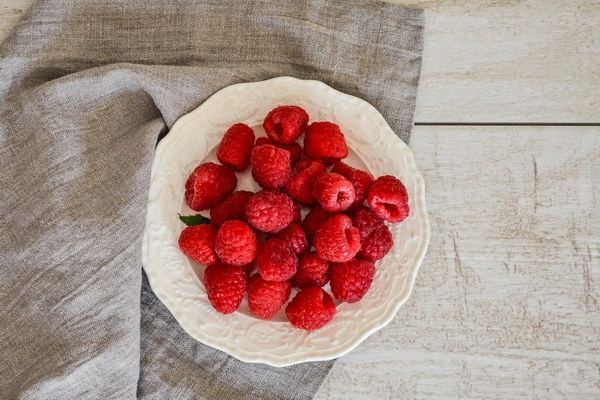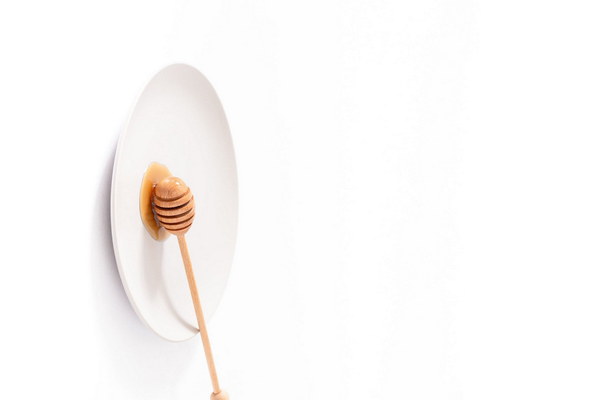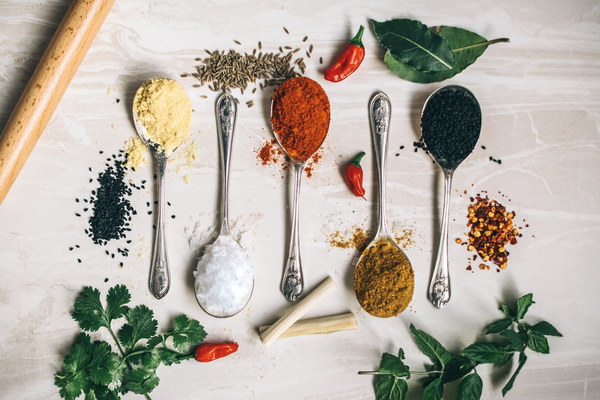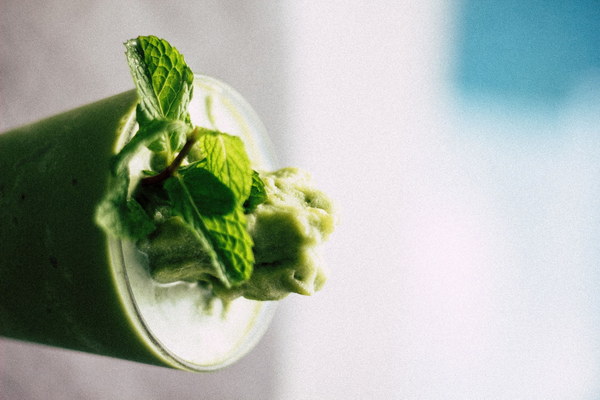Exploring the Role of Cold Dishes in Traditional Chinese Medicine Cuisine
Traditional Chinese Medicine (TCM) cuisine has long been revered for its ability to balance the body's yin and yang energies, and its use of natural ingredients to promote health and longevity. One question that often arises is whether there is a place for cold dishes in this culinary tradition. In this article, we will delve into the world of TCM cuisine and explore the presence of cold dishes in this ancient practice.
The foundation of TCM cuisine is rooted in the belief that the food we consume can either nourish or harm our health. By understanding the properties and energetic qualities of various ingredients, TCM chefs can create dishes that cater to specific health concerns and imbalances. Cold dishes, while seemingly counterintuitive, can indeed play a significant role in TCM cuisine.
In TCM, cold dishes are often referred to as cold foods or cold properties. These dishes are designed to cool down the body, which is essential in certain health conditions where excess heat or internal fire is a problem. Some common examples of cold dishes in TCM cuisine include:

1. Cold soups: These light and refreshing soups are often made with ingredients such as lotus root, bamboo shoots, and lotus seeds. They are believed to help reduce internal heat and support digestion.
2. Cold salads: Cold salads, such as the popular Shredded Pork Salad with Pickled Cabbage, are a great way to incorporate cooling ingredients like cucumber, carrots, and radish into the diet. These salads are perfect for balancing the body's heat and promoting healthy digestion.
3. Cold congee: While congee is traditionally served warm, there are variations that can be enjoyed cold. Cold congee, made with ingredients such as lotus seeds and goji berries, is believed to help cool the body and support the immune system.
4. Cold noodles: Cold noodles, such as those found in the popular dish Cold Noodles with Sesame Sauce, are a great way to incorporate cooling ingredients like cucumber, carrots, and scallions. These noodles are believed to help alleviate heat-related issues and improve digestion.
It's important to note that while cold dishes can be beneficial for certain health concerns, they may not be suitable for everyone. TCM cuisine emphasizes individualization, and it's essential to consider each person's unique constitution and health needs when incorporating cold dishes into a TCM diet.
Moreover, the preparation of cold dishes in TCM cuisine is crucial. Ingredients should be selected carefully, and cooking methods should be tailored to preserve the cooling properties of the food. For example, marinating ingredients in vinegar or using cold water to blanch them can help retain the cooling effects.
In conclusion, cold dishes do have a place in traditional Chinese medicine cuisine. They offer a unique way to balance the body's internal heat and support overall health. However, it's essential to consider individual health needs and consult with a TCM practitioner or nutritionist before incorporating cold dishes into a TCM diet. By understanding the principles of TCM and the properties of various ingredients, we can appreciate the significance of cold dishes in this ancient culinary tradition.









